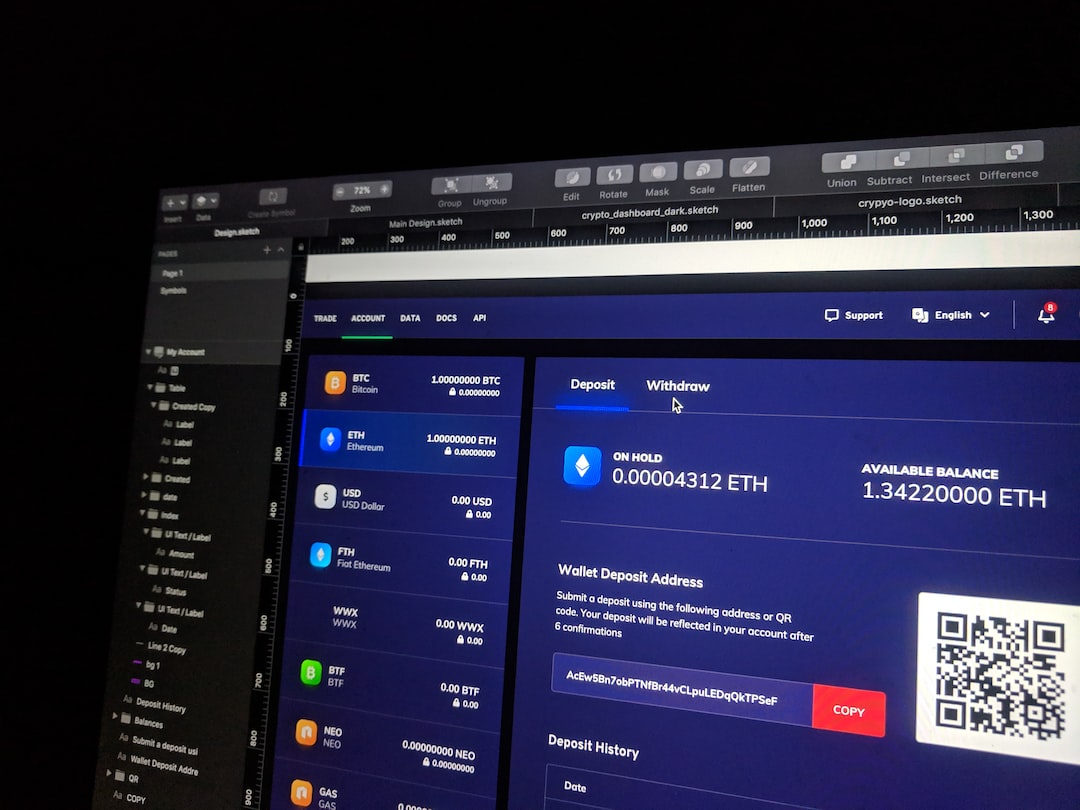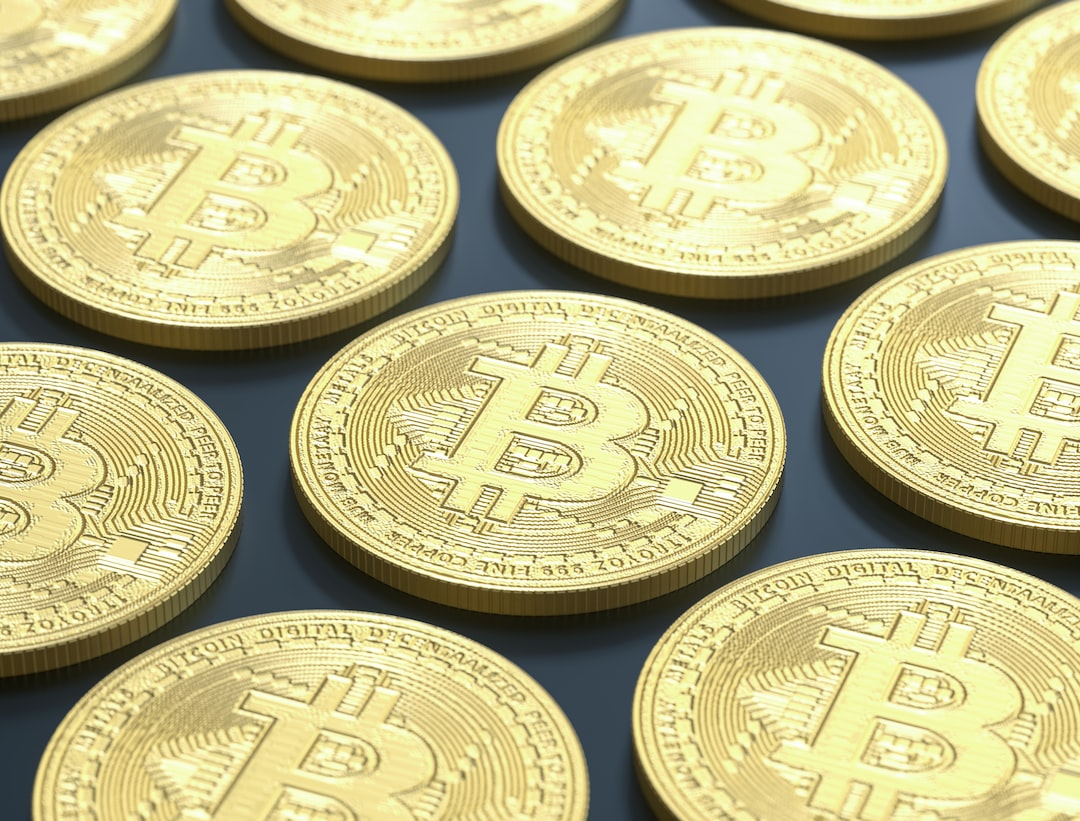Wallet Connect Restricts Access to Protocol in Russia and Certain Areas of Ukraine
The open-source protocol, Wallet Connect, has announced an update to its accessibility, restricting users from Russia and certain areas of Ukraine. This decision was made in compliance with the sanctions imposed by the U.S. Office of Foreign Assets Control (OFAC). While there were reports suggesting that Wallet Connect had also blocked non-sanctioned countries, the protocol has clarified that these claims are false. The team behind Wallet Connect apologized for any inconvenience caused to general users.
U.S. Sanctions Crack Down on Crypto Gateways in Russia and the Middle East
In response to ongoing geopolitical tensions, U.S. sanctions have targeted crypto gateways in Russia and the Middle East. The Department of Treasury and U.S. policymakers aim to combat terror and war financing through digital assets. Additionally, the Financial Crimes Enforcement Network (FinCEN) has proposed new legislation to enhance oversight on crypto mixing services. Senator Elizabeth Warren has rallied support from 20 percent of Congress for new laws specifically targeting crypto terror fundraising. However, it is worth noting that her claims were based on a debunked Wall Street Journal article regarding Hamas and cryptocurrency.
Hot Take: U.S. Sanctions Impact Crypto Accessibility in Russia
The recent restrictions imposed by Wallet Connect on users from Russia and certain areas of Ukraine highlight the impact of U.S. sanctions on the accessibility of cryptocurrencies. As governments around the world navigate the intersection between digital assets and national security concerns, it is crucial for individuals and businesses to stay informed about regulatory developments. The crackdown on crypto gateways in Russia and the Middle East underscores the need for increased oversight in combating illicit activities related to digital currencies. While efforts are being made to address these concerns, it is essential to verify sources and rely on accurate information when shaping policies and legislation surrounding cryptocurrencies.





 By
By
 By
By
 By
By
 By
By
 By
By
 By
By